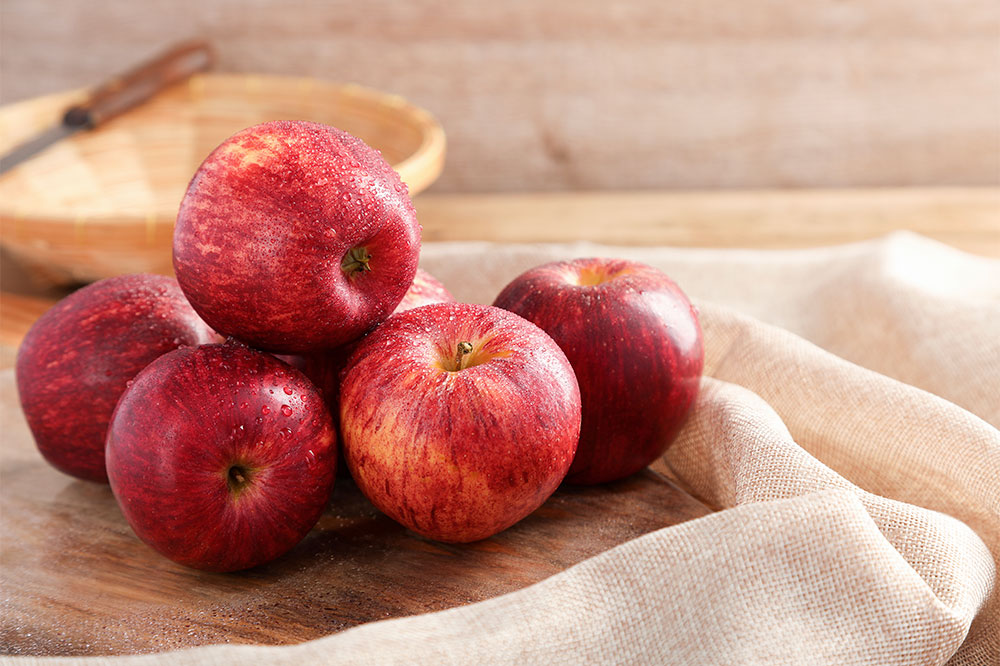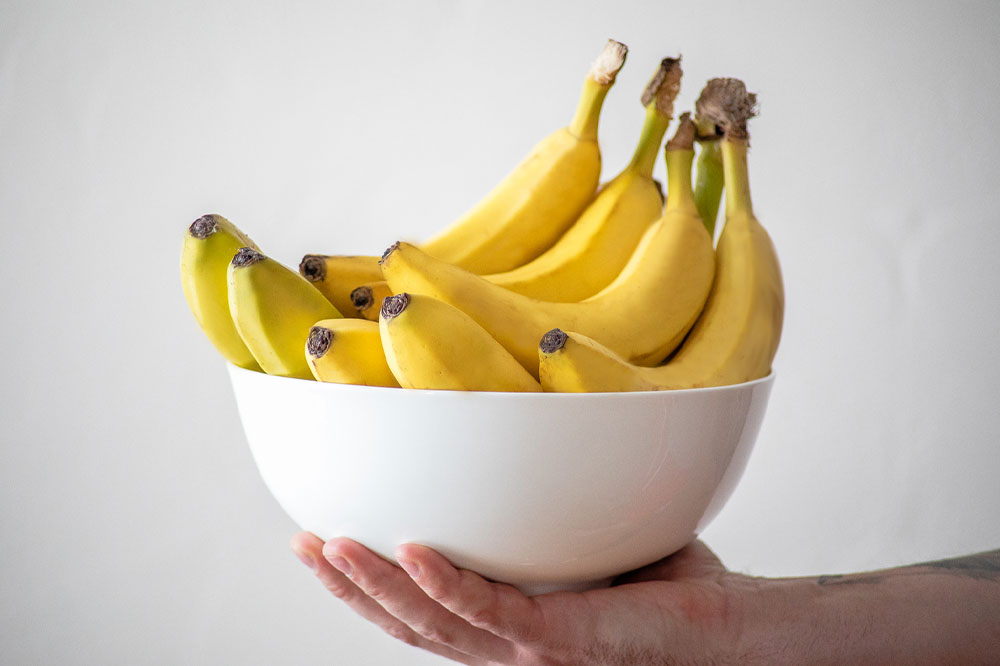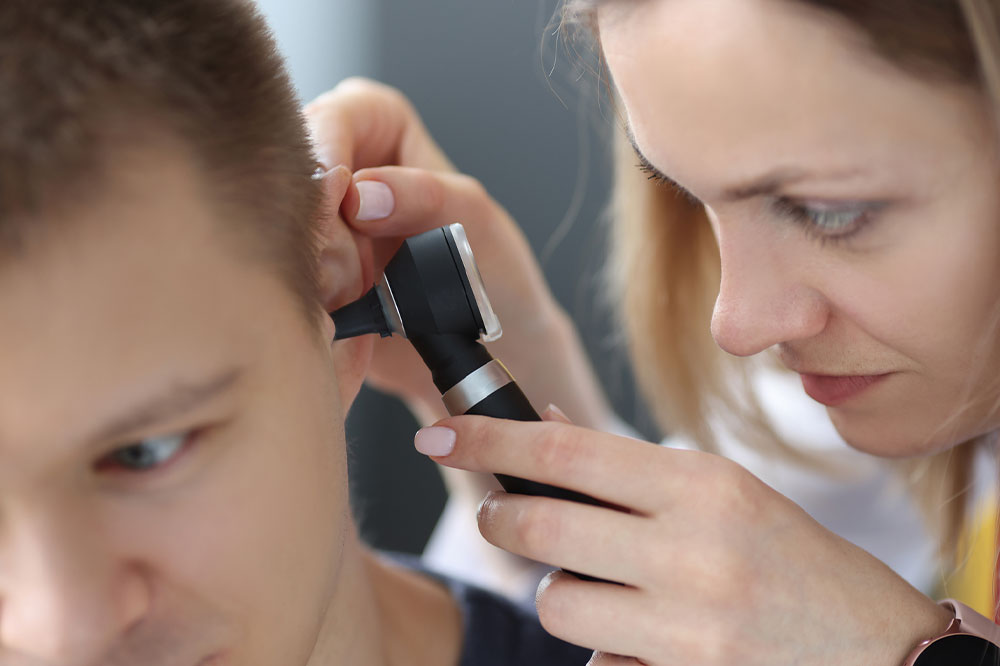Foods to be avoided by diabetes patients

Food gets broken down into glucose by the body to release energy for its functioning. Most meal plans combine fats, proteins, sugars, and other essential carbohydrates vital for healthy growth and organ function. However, people with diabetes should be careful about seemingly healthy foods as it can trigger a spike in their blood glucose levels. Here are different foods that are bad for diabetes and should not be eaten regularly:
Various foods that are bad for diabetes patients
Fruit juices and other drinks
Sugar consumption via beverages can spike insulin levels drastically. Did you know that lots of seemingly healthy store-bought fruit smoothies, sports drinks, bottled juices, and sodas can spike blood sugar levels too? Also, natural fruit juices are not necessarily a healthy option as they are high in fructose. Aside from this, cola, iced tea, lemonade, and other flavored beverages are excessively high in carbs, sugar, and fructose. Their regular consumption can trigger insulin resistance, forcing healthy cells to reject insulin and extract glucose for energy. Another crucial thing to remember is to avoid any type of spirit if you have diabetes. These contain empty calories and can worsen the condition significantly.
Cereals, yogurt, and dried fruits
Daily breakfast cereals are fortified with essential vitamins and nutrients that make up for a wholesome meal.







